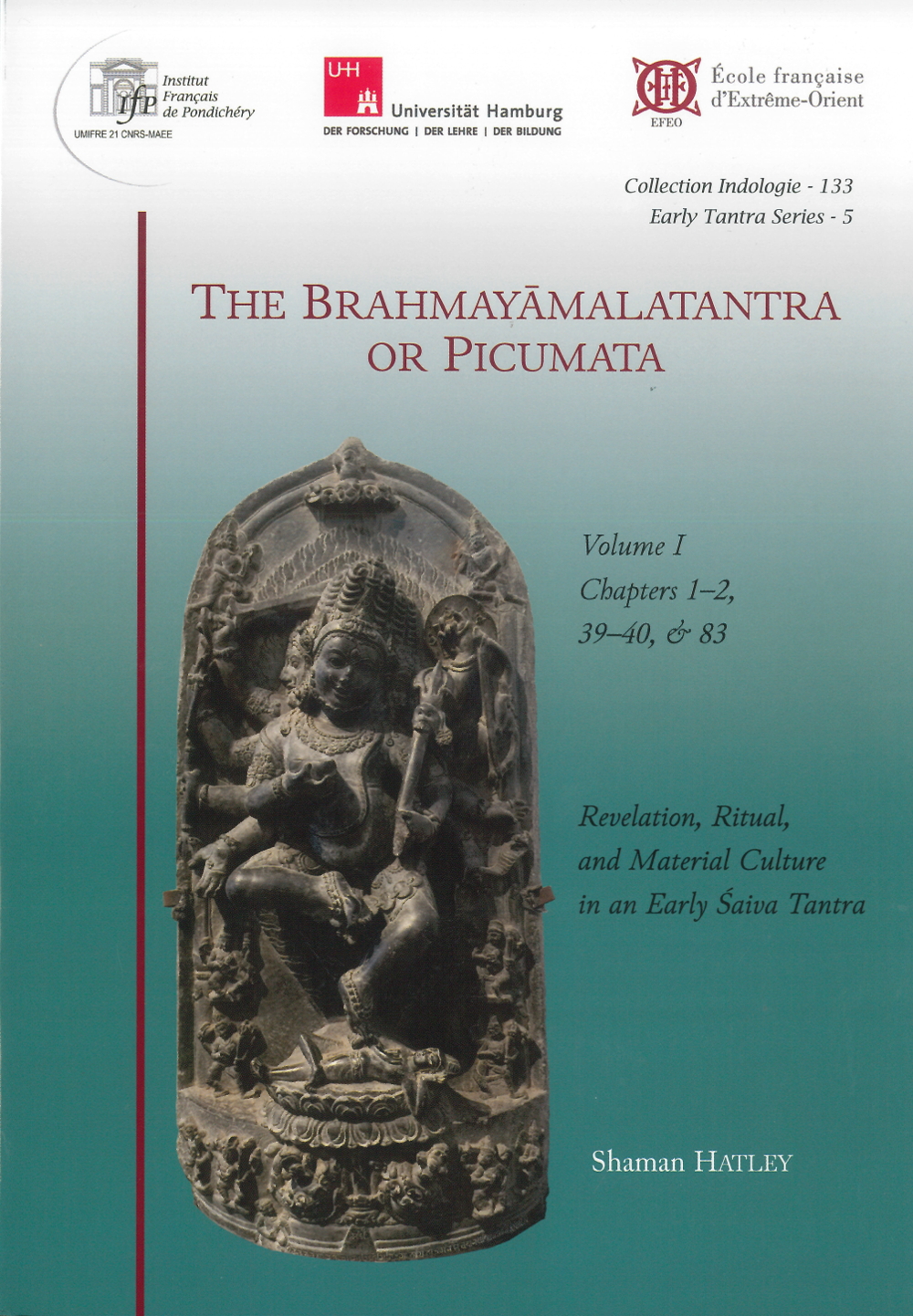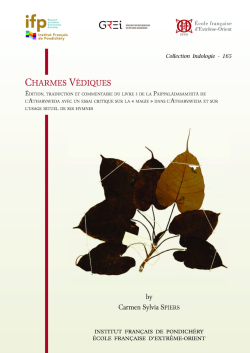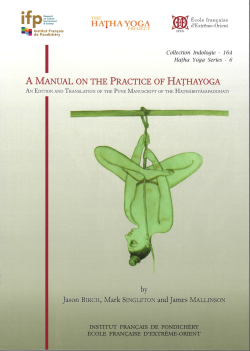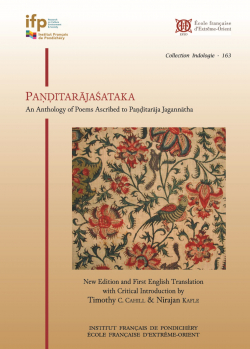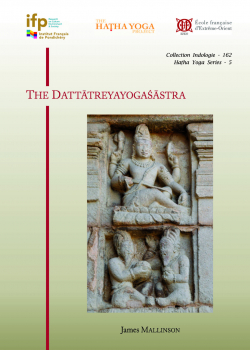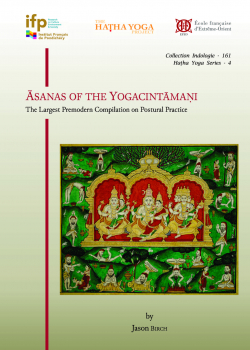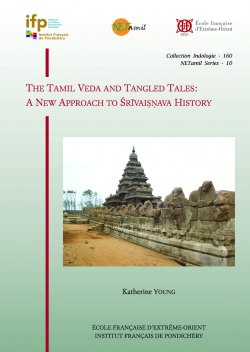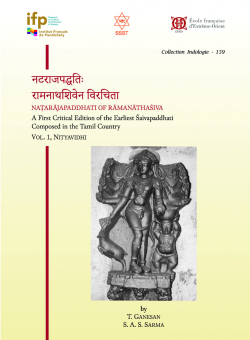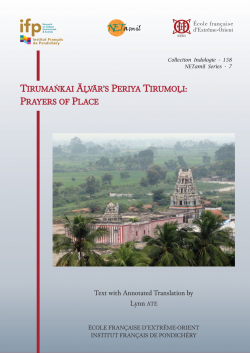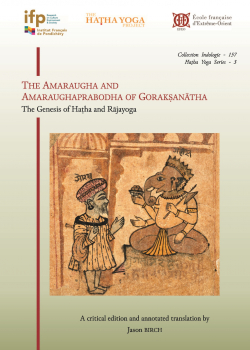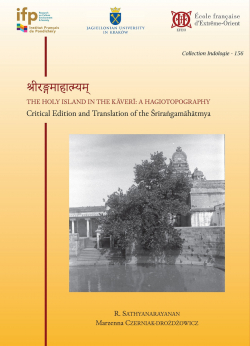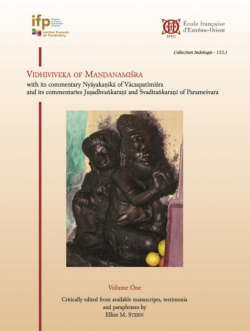The catalog of EFEO Publications includes works on a wide range of disciplines in the humanities and social sciences (archaeology, history, anthropology, literature, philology, etc.), centered on Asia, from India to Japan.
These publications address both specialists, and a wider public interested in Asian civilizations and societies.
The Brahmayāmalatantra or Picumata vol. 1
Volume I: Chapters 1–2, 39–40 & 83. Revelation, Ritual, and Material Culture in an Early Śaiva Tantra
Collection : Collection Indologie
Collection's number: 133
Editor: Hatley (Shaman)
Edition: EFEO, Institut français de Pondichéry (IFP)
Publication date: 2018
Status : Available
70,00 €
ISBN-13 : 9782855392318
ISSN : 0073-8352
Width : 17.5 cm
Height : 25 cm
Weight : 1.339 kg
Number of pages : 708
Distributor : EFEO Diffusion, EFEO Pondichéry Contact : shanti@efeo-pondicherry.org
Geography : India
Language : English, Sanskrit
Place : Pondichéry
Support : Papier
Description :
XII+696, hardcover
Abstract
The Brahmayāmala or Picumata is one of the earliest surviving goddess-oriented (śākta) tantras, its core probably dating back to the late seventh or early eighth century. Though long forgotten, it is thus crucial to understanding the early history of the Tantric traditions. Spanning more than twelve-thousand verses and 104 chapters, this monumental work is transmitted in a beautiful Nepalese palm-leaf manuscript of the eleventh century, which forms the principal basis for this critical edition. Complementing volume II, edited by Csaba Kiss in the same series, this volume includes the first published edition and annotated translation of five chapters of the Brahmayāmala. The volume also presents pioneering studies on topics these chapters illuminate: Tantric Śaiva conceptions of revelation and the canon, the history of Tantric coital ritual, the mythology of Bhairava, and the iconography and symbolism of the skull-staff (khaṭvāṅga). As with other texts published in the Early Tantra Series, study of the Brahmayāmala helps reshape our knowledge of Tantric Śaivism and religion in early medieval India.
Notes
You can also order this title with our Pondicherry center at the following address:
shanti@efeo-pondicherry.org
Or with the French Institute of Pondicherry at the following address:
library@ifpindia.org
Orders to India must be placed with our center in Pondicherry or the French Institute of Pondicherry.
About the editor
Hatley (Shaman)
After completing an interdisciplinary liberal arts degree at Goddard College (1998), Shaman Hatley studied Indology and Religious Studies at the University of Pennsylvania, completing his doctorate in 2007 under the direction of Harunaga Isaacson. He taught at Concordia University, Montréal, from 2007 to 2015, and is now Associate Professor of Asian Studies and Religious Studies at the University of Massachusetts Boston. His research concerns Tantric Śaivism, yoga, and goddess cults in early medieval India.
Related books
Collection Indologie
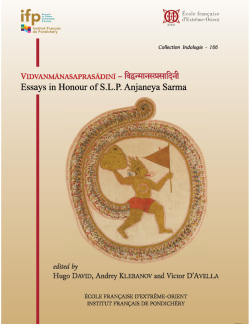
Vidvanmānasaprasādinī
S.A.S. SARMA, Dominic GOODALL, Harunaga ISAACSON, Suganya ANANDAKICHENIN, Hugo DAVID, Kei KATAOKA, Victor D’AVELLA, Giovanni CIOTTI, Andrey KLEBANOV, Émilie AUSSANT, Maria Piera CANDOTTI, Tiziana PONTILLO, Sibylle KOCH, Vincenzo VERGIANI, Timothy C. CAHILL, Somedeva VASUDEVA, Luther OBROCK, M. VINOTH, Maṇi DRĀVIḌA, Akane SAITO, Alex WATSON, Daniele CUNEO, Yūto KAWAMURA
60,00 €
2026
• Available
